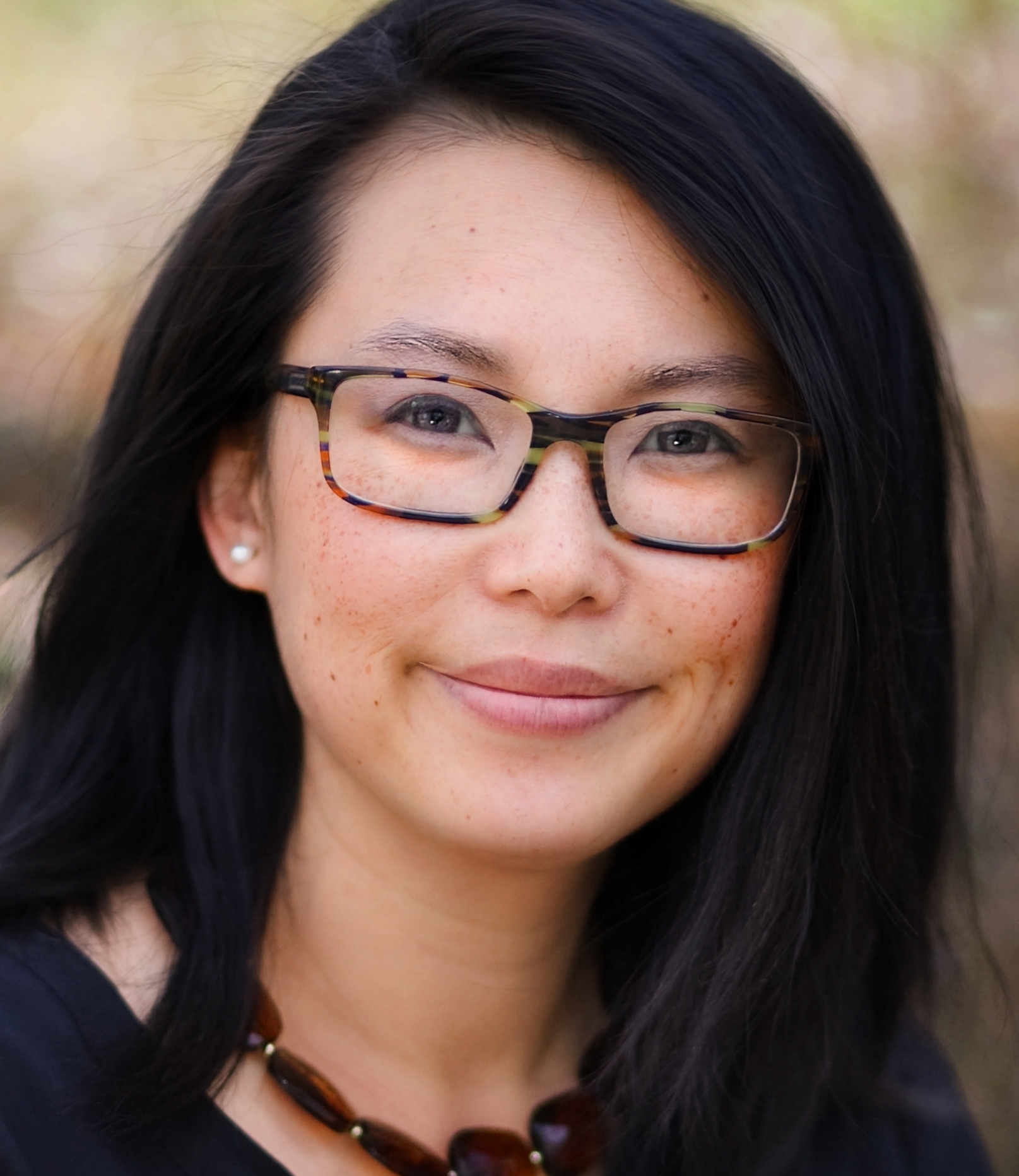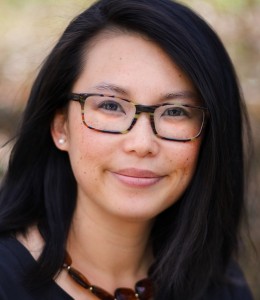Church on the Fringes: Pastor as Community Organizer, Ministry as Coalition Building – by Mihee Kim-Kort
“Remember that consciousness is power. Consciousness is education and knowledge. Consciousness is becoming aware. It is the perfect vehicle for students. Consciousness-raising is pertinent for power, and be sure that power will not be abusively used, but used for building trust and goodwill domestically and internationally. Tomorrow’s world is yours to build.” – Yuri Kochiyama
Motherhood – the necessary, and temporary shift in my vocation – has led to a ministry of projects. Becoming the primary caregiver of children, and thus, stay-at-home, I have learned to cobble together my interests in writing and blogging, activism and social justice, and young people and millennials through what seems like random connections and unset schedules at all hours of the day. Writing an article or guest blog at 2 am is not uncommon. Coffee and bagels weekly with graduate students on Friday mornings is wonderful work, but work, nonetheless. Serving on boards and Google hangouts for meetings. Then the conversations that spark ideas that avalanche into events and gatherings, and bigger dreams of collectives that will move and shape the world.
One of those conversations blossomed into Bloomington Fringe Christianity – a loose association of progressive campus ministry leaders and mainline denominations seeking to collaborate in work and worship together and be a robust witness to Christ’s presence in Bloomington. We’ve had speaker events, prayer services, theology pubs and volunteer activities, and I helped organize the local National Moment of Silence vigil to mourn the murders of young black youth at the hands of police brutality. These are moments that have allowed me to live out my call as pastor.
Likewise, what has recently given me new life, and could only be attributed to the timing of the Holy Spirit, was precipitated by attending a talk by Suey Park who was in town hosted by the university in the spring of 2014. After being blown away by her presentation and presence, and then only briefly chatting with her, I tweeted at her, asking if she could tweet the recent release of Streams Run Uphill: Conversations with Clergywomen of Color. She replied, surprised, that I “identified as Christian.” I was surprised, too, but the rest was as they say, history, as she convened a hodge-podge group of leaders, pastors, and writers into something called the Killjoy Prophets – a collective centering women of color feminist voices and perspectives.
“We want a bottom-up movement,” Park explains, “in which we center the needs of the most marginalized, rather than creating token people of color as representatives within white evangelical frameworks.” Such change is hard to achieve, whether happening within Christianity or anywhere else, but it is important. And uncomfortable conversations are a meaningful part of that. As Emily Rice, another KP cofounder, points out, ”Disruption and difference are not only OK but necessary in dismantling a system that is dependent on the continuation and reproduction of white supremacy.” From an article on Bustle
What started out as a book club of sorts on Google hangout has become a site for shifting social consciousness on everything from incarceration to Ferguson to Marissa Alexander to dudebro Christianity. As Emily Rice writes elsewhere, “We founded the Killjoy Prophets Collective to make space for people of faith (especially Christians) to continue asking these questions, to amplify the whispers and to continue troubling the dominant narratives of justice and liberation while we also seek to imagine what liberation might look like from the perspectives of the most marginalized themselves.”
This is a collaboration of minds and hearts who eager to live out justice through the centering of those on the fringes. She writes further:
We work to affirm power and agency among those whose voices have for too long been spoken over. We refuse to settle for a “racial reconcilation” that envisions the goal as representation and recognition by whiteness because our aim is to dismantle white supremacy altogether. We seek to disrupt the dominant narratives of white Christian feminism by centering women of color feminism and activist politics. We work to interrogate how Christian institutions and theologies — from conservative to progressive — have remained complicit in perpetuating systems of oppression. We dare to raise our voices and ask these questions even though we know others may reject our messages simply because they feel we do not speak in a way that is “kind” enough. But we also dare to hope that you will listen and allow your visions of liberation to be troubled. And we hope that you will join us in broadening our collective visions for liberation by centering the needs of the most marginalized among us. (From an article on Patheos)
This kind of pastoral leadership and ministry is not unique to my situation – a mostly stay-at-home mother working numerous part-time jobs. Many church leaders and pastors in the local Bloomington community are more than embracing this as a new way of being pastor. Here and all over the country and world it’s being done without the formality of institutional backing because the emphasis is not on professional development or careerism but on building relationships with other churches and service agencies. It’s collaborating with people in unique and creative ways to be relevant, it’s embodying the spirit of Jesus Christ contextually and living out that call to be a church on the fringes and margins serving the least of these.
“History will judge societies and governments — and their institutions — not by how big they are or how well they serve the rich and the powerful, but by how effectively they respond to the needs of the poor and the helpless.” ― César Chávez
Later in the week we will hear from PCUSA minister and rabble-rouser Brian Merritt and his article on “Organizing the Faithful: God Has Left the Building.” And also from Rod Thomas, another Killjoy Prophets cofounder and prolific writer with his article “Preaching to Transgress: Christian Education & Difference.”
Mihee Kim-Kort is a Presbyterian minister. She is the author of Making Paper Cranes: Toward an Asian American Feminist Theology (Chalice Press 2012), Streams Run Uphill: Conversations with Young Clergywomen of Color (Judson Press 2014), and co-authored Yoked: Stories of a Clergy Couple in Marriage, Ministry, and Family with her husband (Forthcoming Rowman and Littlefield Fall 2014). She and her family live in Bloomington, IN. She can be found at First Day Walking and on Twitter


